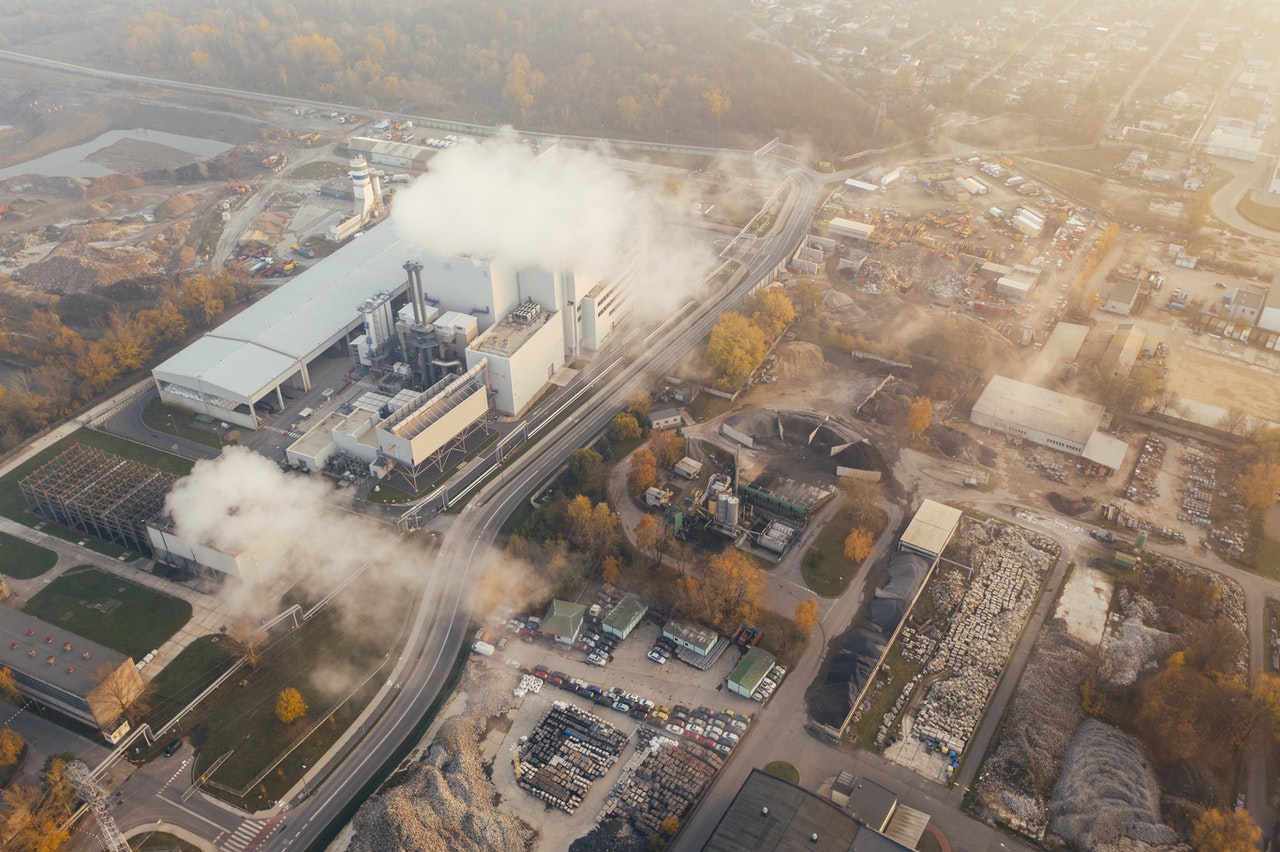Escalating tensions with Russia are pushing European politicians to face an unpleasant reality: Vladimir Putin calls the shots when it comes to Europe’s energy requirements, Time writes.
The European Union imports 35% of its natural gas from Russia. As countries such as the Netherlands and Germany have reduced domestic fossil fuel production in recent decades, whether due to depleted reserves or environmental policies, Europe has increasingly relied on cheap and plentiful imports of Russian natural gas, which is critical for electricity and heating.
For months, the dangers of that reliance have been crystallizing. Natural gas prices almost quadrupled last year as demand surges when pandemic lockdowns were lifted, pushing Europe into its worst energy crisis since the 1970s.
According to the International Energy Agency, Russia has already exacerbated the issue by purposefully constraining gas shipments. A military clash over Ukraine may further suffocate supplies, causing Europe to suffer for months, if not years.
However, some environmentalists see a silver lining in this situation: this might serve as a wake-up call for Europe about the dangers of a fossil-fueled future, they suggest. “If Europe does not want to be exposed to geopolitical dangers like this,” says Euan Graham, a gas transition expert at climate think tank E3G. “It should serve as a genuine springboard to reconsider Europe’s relationship with gas.”
Germany, the EU’s center of gravity and one of the nations most reliant on Russian natural gas, has long attempted to separate foreign policy and energy demands. However, its new administration has indicated that it may now postpone approval of Nord Stream-2, a pipeline that would have increased Russian gas supplies.
According to Massimo Di Odoardo, vice president of global gas research at energy consultant Wood Mackenzie, if Russia invades Ukraine and enters a military battle with NATO forces, natural gas prices may easily double from their current high levels.
The European Union’s main concern is that U.S. sanctions, which may hinder Russia’s ability to utilize dollars or international payment networks, would make it impossible for consumers to pay for natural gas purchases, causing hold-ups. In the worst-case scenario, although a less probable one, Russia may respond against sanctions by purposefully reducing gas supply to Europe.
Then there’s the risk of physical damage to gas infrastructure and operations in Ukraine, through which nearly one-third of Russian shipments to Europe pass, causing market worries and, most likely, price rises.

